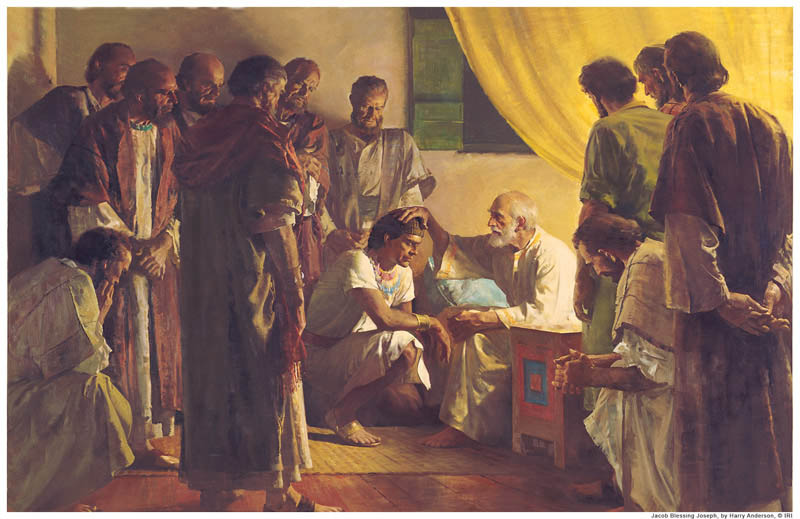Last week, I wrote about a piano student who is teaching me to evaluate how and if I’m consistent in my daily efforts. Because the Holy Ghost told me I needed the lessons teaching piano would bring, I knew that teaching piano would show me important characteristics in my own life that needed attention.
The other major obvious lesson meant especially for me is with a student who just razes himself every time he makes mistakes. Sometimes he struggles to even start a song, even when he’s practiced, because he just knows he’s going to make a mistake.
“That was just terrible,” he exclaimed after playing something well but missing one note along the way.
When Mistakes Cause Inaction
 One day he got so frustrated at his playing that he leapt from the piano and threw himself on the floor. He’d missed the same note in the song on a series of run-throughs.
One day he got so frustrated at his playing that he leapt from the piano and threw himself on the floor. He’d missed the same note in the song on a series of run-throughs.
I prayed in that moment. How could I help him know that mistakes are a part of the process? To actually realize he made a mistake is a huge success celebrated by me. If he didn’t realize a mistake was made, then a different kind of correction had to be made. But to recognize a wrong note is played is awesome! That just requires practice to learn where to place fingers correctly.
He refused to be comforted by my words of wisdom from the “teacher’s chair.” I felt a nudge. I laid next to him on the floor. He looked at me in surprise. I smiled but didn’t speak. We just laid near each other staring at the ceiling.
He said the song was too complicated and he’d never learn it. I said it would be hard to conquer it while we laid on the floor because even our feet couldn’t reach the keyboard. He laughed. We laughed.
We laid there in silence again.
How Many Times Had I Lain on the Floor, Too?
I flashed to times I’d essentially lain on the floor because I was afraid to make a mistake. I rapidly understood foreign languages but refused to speak because I feared to make mistakes. I mean, I had borne testimony from the pulpit that the “cherry” was true and famously counted “1, pig, 3” in German.
I didn’t walk into doors of opportunity because I decided I wasn’t ready and would fail. There were times I did try and failed, and some level of disaster ensued. I vowed to not try that again.
Selected memories washed over me as I laid on the floor with my young student who had made a mistake.
How Could I Help Him Know Mistakes Are a Part of the Process?
 I’d listened to him play without judgment. I knew he would perfect the measure with a little more practice—and the smallest shred of confidence in himself that he could do it. I’d been surprised at how intensely he felt frustrated at himself.
I’d listened to him play without judgment. I knew he would perfect the measure with a little more practice—and the smallest shred of confidence in himself that he could do it. I’d been surprised at how intensely he felt frustrated at himself.
At least he was honest with himself and his feelings. He knew he was mad at himself for missing the note. And he could verbalize his angst at trying again and failing again.
“How could I help him know that mistakes are a part of the process?” I prayed.
“How can I help you know that mistakes are a part of the process?”
Tears stung my eyes. I knew I needed the same lesson. I blinked the tears back and turned to look at him.
“Are you ready to try again?” I asked him.
“Yeah,” he responded.
“Let’s conquer that F note together!”
“OK!” He laughed and jumped up. He sat down at the piano and played the song perfectly. He looked so shocked. We let out a victory shout and did some high fives and some low fives and I told him to play it again. And he did. He missed the note. And we did some high fives and some low fives, but he was frustrated at himself again.
I quickly taught him to play “Baby Shark” in the key that would reinforce the note he’d been missing. And he suddenly played F perfectly over and over again. And over and over again. He apparently really loved that song.
I’d never played “Baby Shark” before that day, but I’d been praying for guidance for this awesome kid. And the notes and the why were suddenly in my mind. And that kid played the life out of that F key.
Mistakes Are a Fact of Life But Can Have Great Purpose in Life
To read more of Delisa’s articles, click here.
“Mistakes are a fact of life. Learning to skillfully play the piano is essentially impossible without making thousands of mistakes—maybe even a million. To learn a foreign language, one must face the embarrassment of making thousands of mistakes—maybe even a million. Even the world’s greatest athletes never stop making mistakes.
“Success,” it has been said, “isn’t the absence of failure, but going from failure to failure without any loss of enthusiasm.”
With his invention of the light bulb, Thomas Edison purportedly said, “I didn’t fail 1,000 times. The light bulb was an invention with 1,000 steps.” Charles F. Kettering called failures “finger posts on the road to achievement.” Hopefully, each mistake we make becomes a lesson in wisdom, turning stumbling blocks into stepping-stones.
Nephi’s unwavering faith helped him go from failure to failure until he finally obtained the brass plates. It took Moses 10 attempts before he finally found success in fleeing Egypt with the Israelites.
We may wonder—if both Nephi and Moses were on the Lord’s errand, why didn’t the Lord intervene and help them achieve success on their first try? Why did He allow them—and why does He allow us—to flounder and fail in our attempts to succeed? Among many important answers to that question, here are a few:
- First, the Lord knows that “these things shall give [us] experience, and shall be for [our] good.”
- Second, to allow us to “taste the bitter, that [we] may know to prize the good.”
- Third, to prove that “the battle is the Lord’s,” and it is only by His grace that we can accomplish His work and become like Him.
- Fourth, to help us develop and hone scores of Christlike attributes that cannot be refined except through opposition and “in the furnace of affliction.”
So, amid a life full of stumbling blocks and imperfection, we all are grateful for second chances” (Lynn G. Robbins, “Until Seventy Times Seven,” April 2018 General Conference).
I’m grateful for the ways the Lord lets us know that mistakes are a part of the process. It’s inevitable that we’ll make mistakes. Hopefully, I don’t make the mistake of fearing to try something new or fearing to repent of mistakes I make. And along my journey, I hope that as I keep doing, others will know it’s OK for them to do, too. I’m so grateful for those who are helping me know and believe that, too. And I’m grateful especially for moments laying on the floor, staring at the ceiling, when perspective becomes clearer and mistakes don’t seem so insurmountable.
About Delisa Hargrove
I am a member of The Church of Jesus Christ of Latter-day Saints. I have moved 64 times and have not tired of experiencing this beautiful earth! I love the people, languages, histories/anthropologies, & especially religious cultures of the world. My life long passion is the study & searching out of religious symbolism, specifically related to ancient & modern temples. My husband Anthony and I love our bulldog Stig, adventures, traveling, movies, motorcycling, and time with friends and family.








Trackbacks/Pingbacks